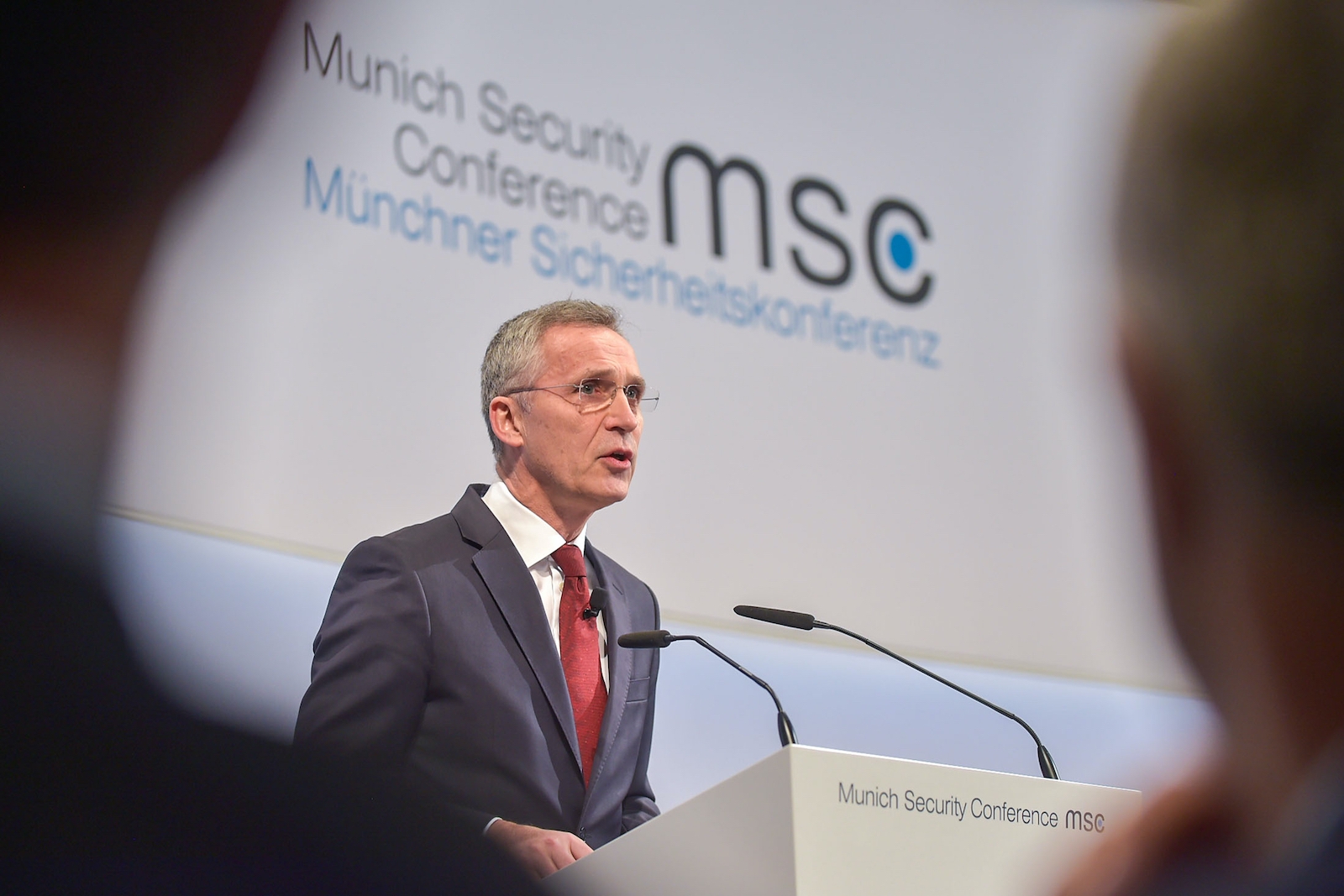
Business
Why International Conferencing Matters
It’s not an exaggeration to say that, prior to COVID-19, any number of international conferences took place on a weekly basis. Indeed, as the world moved into lockdown organisers responded by moving proceedings online or hosting hybrid events with strict hygiene protocols. And yet, as the recently-concluded COP26 demonstrated, there still is an obvious need for policymakers to meet in person. The same can be said for smaller international events that have their own clout, and often are at the very foundation of positive policy discussions and developments.
Thanks mainly to social media, it has never been easier to comment on content and outcomes of international conferences. From high-profile declarations of too much “blah blah blah” to anonymous online voices, such events have become entangled in regional disputes, concerns over ethnic and gender underrepresentation, and other contentious issues. Some organisers are called out for allegedly trumpeting questionable businesses and practices. In most cases, such spurious accusations are unjustified and overlook the deeper value that international conferences add to global politics and society.
Making connections
In theory, anyone with the passion and resources can stage an event featuring policymakers and thought leaders. However, those organisations that have made a mark on the international conferencing landscape tend to share a number of characteristics. Many are based in countries with major transportation hubs connecting most parts of the world. As is the case with Qatar, some are situated in geopolitically pivotal regions, where culture, religion, and society often intersect with contrasting political and economic circumstances.
Being close to geopolitical crossroads makes these locations ideal for bringing key – sometimes oppositional – stakeholders together to discuss zeitgeist issues. And while hosts may occasionally be aligned with major powers and regional organisations, conferences tend to be conducted in the spirit of constructive and non-partisan debate. Failure to adhere to these principles risks creating unhelpful echo chambers and guest lists representing only one side of an argument.
The need for impartiality is further reinforced by the diversity of actors involved. From a content perspective, academics and think tanks are often consulted regarding issues to be discussed. The more diverse the perspectives on offer, the greater the chance of attracting a broader spectrum of stakeholders. A sense of balance increasingly permeates the type of participant at international conferences. While social media has amplified concerns of underrepresentation, organisers have recognised the importance of diversity, and strive to make the roster of guests and speakers more inclusive.
Size isn’t everything
Location and representation aside, international conferences often have other pull factors. For the Munich Security Conference, a history spanning the Cold War and beyond is enough to consistently attract world leaders. The founders of the World Economic Forum were quick to diversify their activities by offering a platform for emerging economies to present investment opportunities. This was eventually accompanied by increased participation from civil society, as well as an Arab-European business symposium, and other regionally-focused initiatives.
An altogether different proposition is provided by geographically smaller states like Qatar. Similar to some of its neighbours, the country has a National Vision designed in part to reduce its reliance on hydrocarbons. To this end, the development of outstanding conferencing venues has formed a major part of its economic diversification efforts. Today, Doha is a major conference destination with an impressive track record of hosting international, but also locally conceptualized events, from COP18 to the Doha Forum, among others.
It is nevertheless too simple to assume that high-profile conferences enjoy a monopoly on the type of dialogue that inspires fresh thinking on critical issues. Indeed, smaller and more-targeted events allow participants and audiences to offer perspectives that might otherwise be drowned out at larger gatherings. A good example was the Economic Diversification in the Gulf States: Opportunities and Challenges Conference in Doha this November, which was organized by the Arab Center for Research and Policy Studies, in collaboration with the Konrad Adenauer Foundation, and the Doha Institute for Graduate Studies.
Bringing together sixteen researchers from Germany, the Gulf, and the wider Arab region, discussions on the need for greater regional economic cooperation sat side-by-side with more nuanced topics like cultural entrepreneurship, as well as female participation in the region’s economy. The diversity of contributors reinforced two simple and often-forgotten facts: global interconnectedness is undeniable; seemingly local issues rarely stay that way for long.
It goes without saying that large international events are capable of joining the same dots. The Munich Security Conference for instance, has an extensive partner network with a global footprint. However, balancing their interests in and around the conference often requires meticulous planning. Smaller events are less heavy on administrative challenges, making them ideal places to form closer relationships. The potential for future partnerships, research projects, and other initiatives emanating from smaller international conferences should never be underestimated.
The bigger picture
Qatar’s ability to stage international conferences of all shapes and sizes not only underscores its diversification credentials, but also highlights how so-called small states can participate in global policy discussions. Beyond expert-level contributors, international conferences attract journalists from around the world as well as closer to home. Their collective presence merely adds to local coverage as well as content provided by the event’s media partners.
To keen observers of international relations, Qatar’s ability to host international conferences and facilitate discourse, also is another demonstration of its growing soft power. In marked contrast to the coercive nature of hard power, soft power seeks to influence by building networks, establishing consensus, and drawing on resources that make a country appealing to global audiences. The parallels to international conferences are plain to see. The best events are defined by the quality of subject matter, audience, and participants, to name but a few. By keeping discussions as convivial as possible, organisers provide opportunities for the type of dialogue that develops practical solutions and foments strategic partnerships.
The more an international conference can demonstrate its ability to inspire meaningful change, the greater attention it will receive from external stakeholders. From global media coverage to increased footfall, this represents a win-win for states that host and develop the infrastructure that supports these events. Not only will hosts and organizers gain a global reputation for staging events, but key individuals may also find themselves involved in supporting other confidence-building measures. Qatar’s ability to connect and facilitate ongoing dialogue between Western governments and the Taliban has been a case in point.
International conferences are regularly dismissed as places where experts and vested interests come together to do not a great deal. This does a disservice to the idea. As well as being grounded in global issues, many events have responded positively to interest in diversity, equality, and transparency. At a time of heightened tensions, they also provide a welcome opportunity to reinforce shared concerns and hear from all sides. Indeed, if international conferences can raise awareness on hot-button issues that require translation into policies, they have proven their intrinsic worth to the world.
